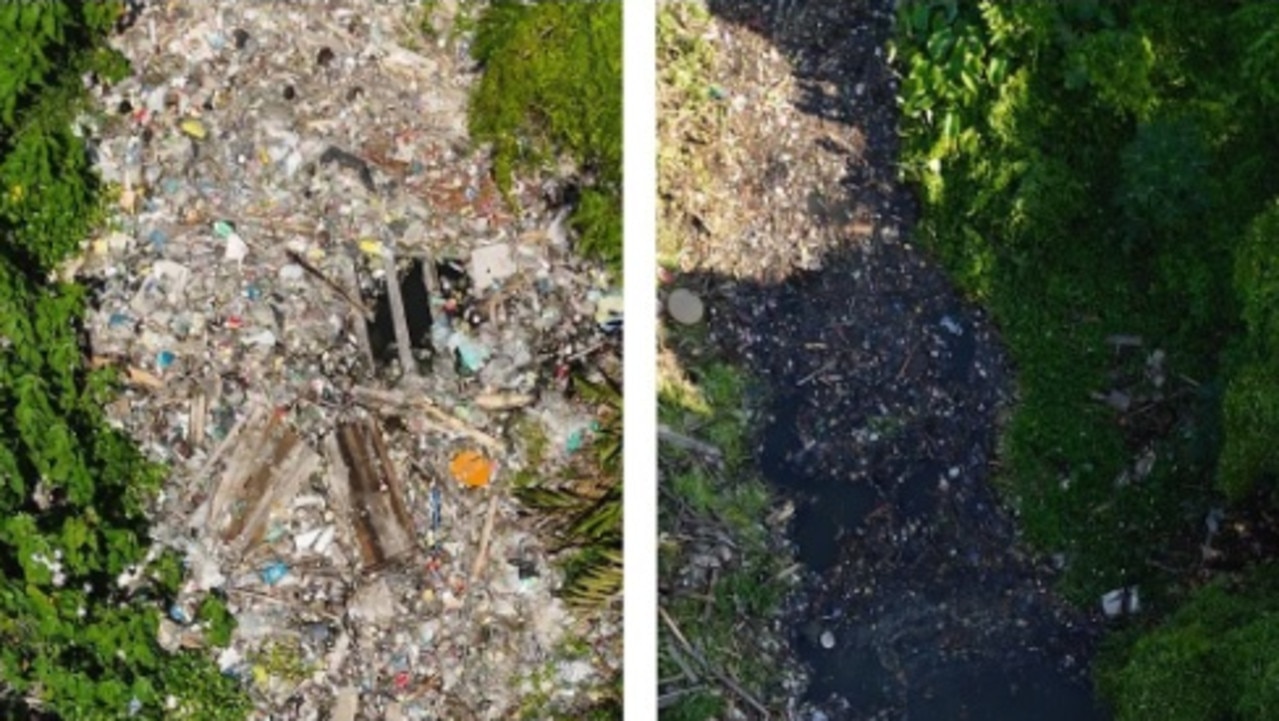Aussies urged to practice ‘ethical animal tourism’ when heading to Bali
There are calls for Aussie travellers heading to Bali to be cautious of shonky practices which thousands take part in every year.
As the summer approaches, many Australians are getting ready to visit Bali, known for its natural beauty, rich culture, and diverse wildlife.
But animal welfare advocates have warned tourists to avoid fake ‘sanctuaries’ where they touch animals and pose for selfies in some of the famous Indonesian islands’ tourist destinations.
Four Paws Australia urges travellers to be cautious and aware of how to avoid supporting such practices.
Bali, a favourite holiday destination for Aussies with around 260,000 visitors annually, has become a hotspot for wildlife tourism, but it comes with its own challenges.
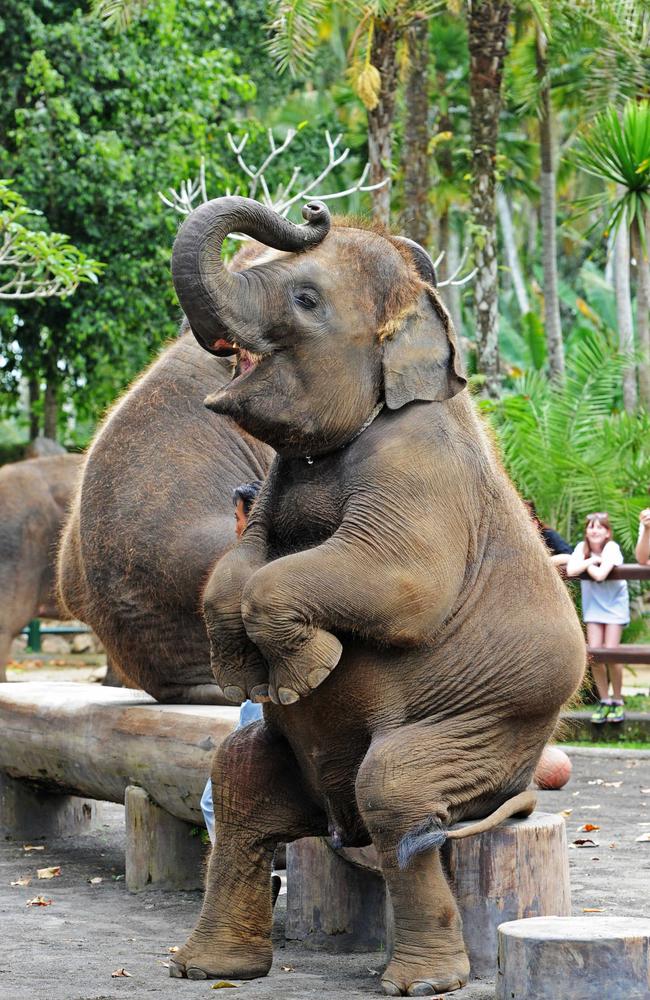
Four Paws Australia national director Rebecca Linigen emphasised the importance of responsible tourism, stating, “We encourage everyone to appreciate the beauty of the island, but we also want to share guidance on how to make small but impactful changes to protect a multitude of animals while holidaying in Bali.”
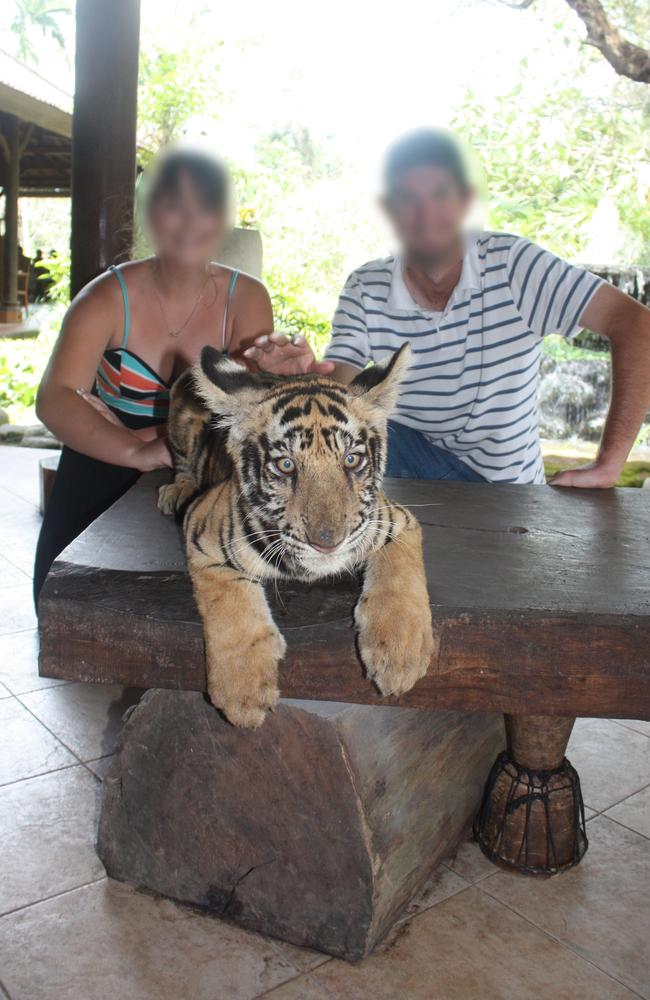
The organisation highlights key tips for travellers to avoid contributing to animal cruelty during their vacations, getaways, or adventures.
Four Paws urges tourists to not feed, pet, or hold wild animals, avoid riding elephants or working animals that are poorly cared for or mistreated, steer clear of animal shows, resist the temptation of wild animal selfies and refrain from buying souvenirs or products made from animals.
What to avoid
According to the organisation, one of the most significant positive impacts travellers can make is avoiding all animal-based entertainment or experiences involving direct contact with animals.
Research cited suggests many are sedated or psychologically “beaten” to perform unnatural acts and live in species-inappropriate conditions.
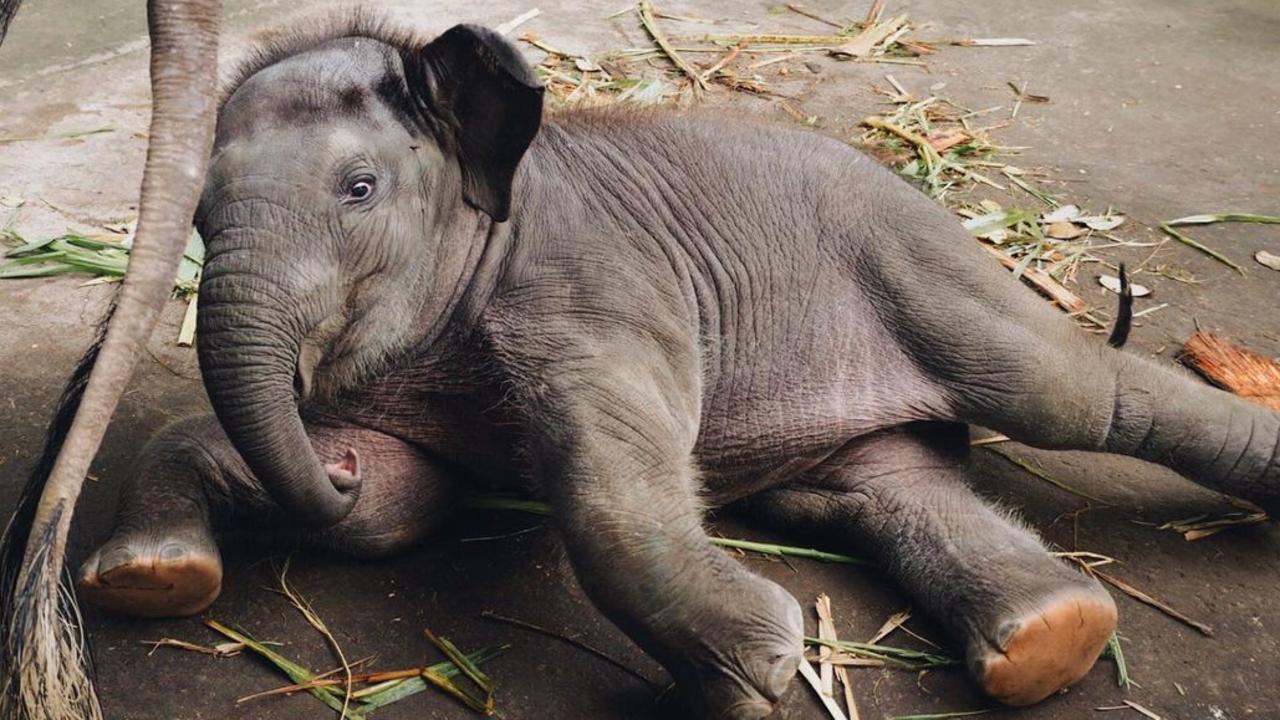
“Ethical animal tourism venues will be transparent about their practices, won’t encourage direct contact with animals, and won’t allow any breeding, trading, or hunting of animals,” Ms Linigen explains,
There are several types of popular tourist traps mentioned as “at-risk experiences”. One such experience is elephant riding.
“Across Bali, a number of places offering elephant rides call themselves ‘elephant sanctuaries’. – This often leads to the confusion of tourists believing their money is going to a good place,” Four Paws states.
“Officially regulated sanctuaries will never encourage excessive interaction between humans and animals like riding.
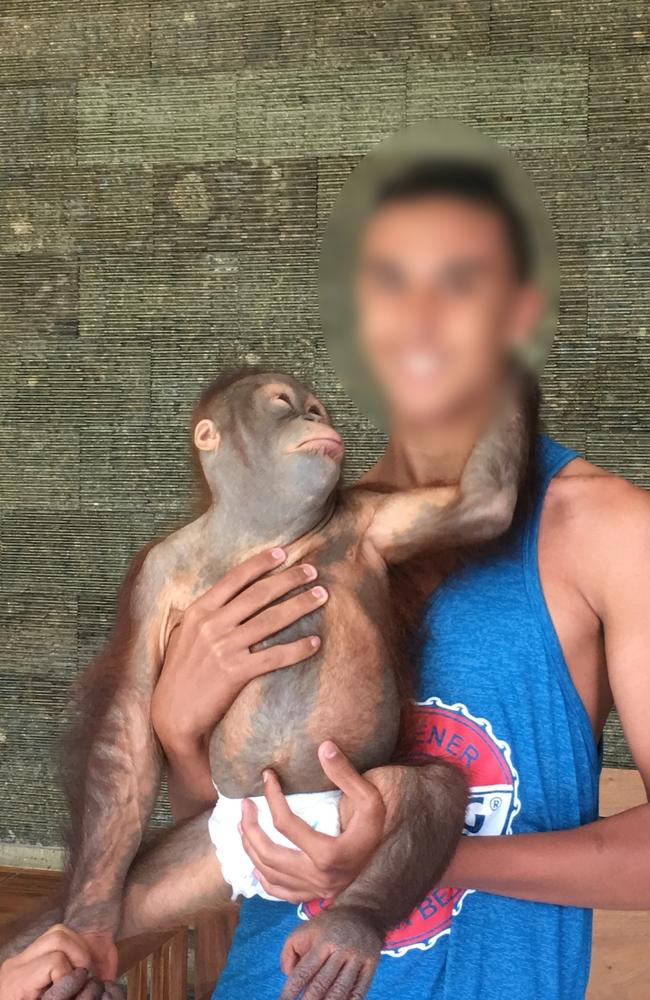
Selfies with tigers and primates, the organisation states, are most likely a result of drugging to ensure they remain compliant for human entertainment and interactions.
Civet coffee – or poo coffee- is a Balinese specialty also known to practice animal cruelty by keeping civets in small, crowded barren cages, where they exist on an unbalanced diet of coffee cherries.
This coffee is then sold for profit to tourists while the civet endures a cruel and caged existence.
Four Paws stated that experiences where animals are forced to perform unnatural acts for human entertainment should be avoided.
Do your research and beware of strays
Four Paws Australia cautions against relying solely on platforms like TripAdvisor or Google reviews, as top-rated places may not necessarily be ethical and responsible.
Ms Linigen stressed, “An incredible animal encounter or a nice souvenir is often connected to a lifetime of pain and distress for the animals involved.”
Beyond wild animals, tourists should be mindful of their impact on Bali’s local dog population, considering the presence of rabies across several animal species on the island.
Matt Backhouse, Four Paws Head of Stray Animal Care in Southeast Asia, stressed the prevalence of rabies, stating it “can be prevented by vaccinating stray and owned animals, avoiding contact with wildlife or stray animals, and seeking medical care after potential exposures before symptoms start.”
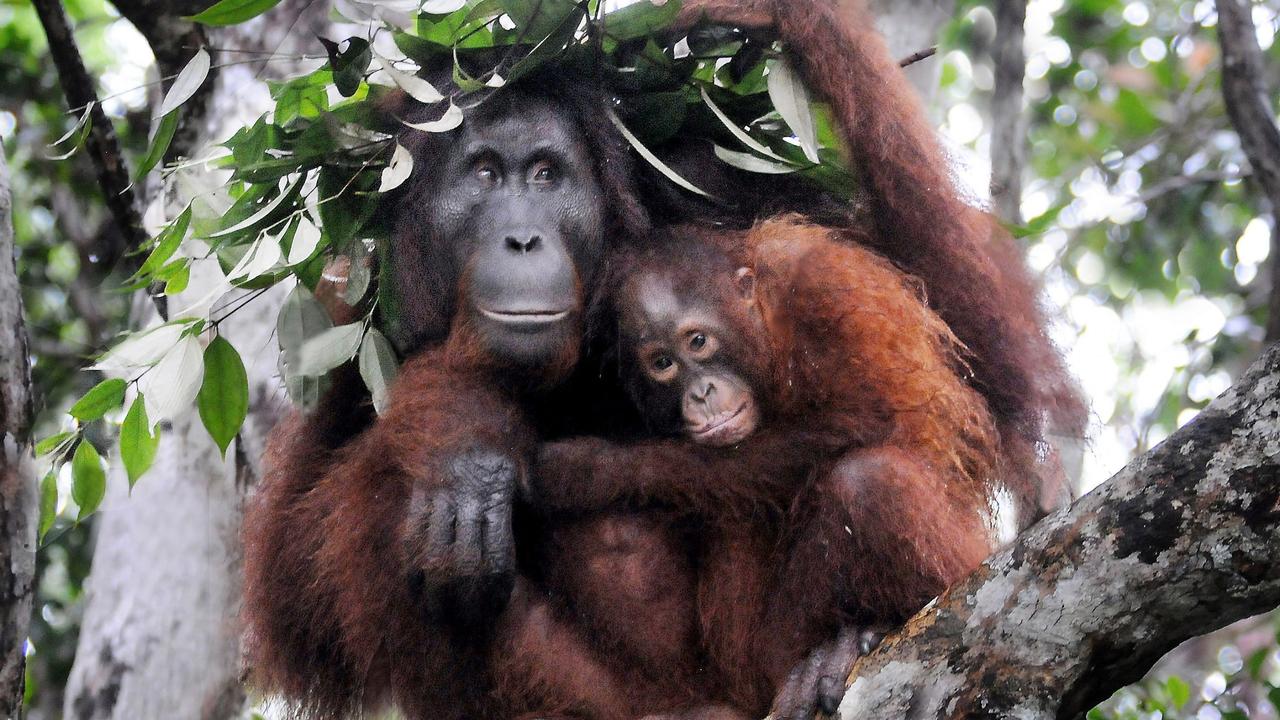
Four Paws collaborates with local partners, such as the Bali Animal Welfare Association, to ensure that animals receive rabies and medical care vaccinations.
Backhouse added, “Stray dogs are especially vulnerable to rabies and often suffer due to a lack of preventive medical care.”
Travellers are also warned about dog and cat meat consumption in some parts of Indonesia.
In Indonesia, it is advised not to consume food items referred to as “B2” or “RW,” which are usually affiliated with dog meat.






